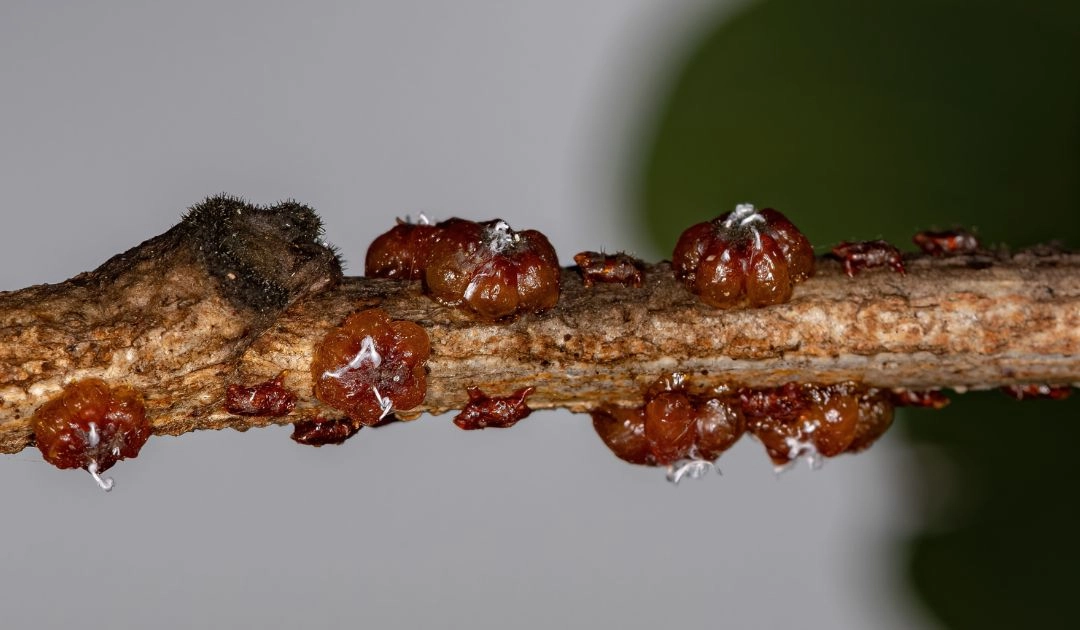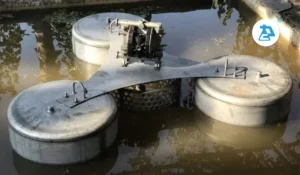Introduction
In recent years, there has been an increasing concern among consumers regarding the safety and quality of food products. Pesticides used in conventional agriculture to control arthropod pests have raised alarms due to their potential adverse effects on human health and the environment. As a response to these concerns, biopesticides have emerged as a promising alternative for arthropod management in vegetable and fruit crops. Biopesticides are derived from natural sources and are inherently safer, more environmentally friendly, and contribute to healthier food production. In this blog, we will explore how biopesticides can be effectively utilized to control arthropods in vegetable and fruit crops, promoting safer and healthier food production.
Understanding Arthropods in Agriculture
Invertebrate pests known as arthropods include insects, mites, and other similar species. They pose serious risks to fruit and vegetable crops by consuming them and spreading infections, which results in immediate harm. Conventional chemical pesticides have been used extensively to treat these pests, but they have downsides that put human health at risk, including the development of resistance, harm to beneficial creatures, and residues on food.
The Role of Biopesticides
Biopesticides, commonly referred to as biopesticides, are made from natural materials such plants, animals, bacteria, and fungi. They work in a number of methods to manage arthroscopic pests while maintaining the safety and quality of food. There are three main categories of biopesticides that are frequently employed for managing arachnids:
- Microbial Pesticides: These are made from bacteria, viruses, and fungus that are naturally occurring microorganisms. They spread illnesses that infect arthropod pests and drastically cut down on their populations.
- Plant-Incorporated Protectants (PIPs): PIPs are pesticide-producing crops created through genetic engineering. These plants produce certain proteins that are harmless to people and other non-target species yet poisonous to arthropod pests.
- Biochemical Pesticides: These are naturally occurring compounds, like plant extracts or insect pheromones, that alter the physiology or behavior of arthropod pests, causing them to be controlled.
Effective Use of Biopesticides in Crop Production
In modern agriculture, the effective use of biopesticides has emerged as a crucial strategy for sustainable and safer crop production. Derived from natural sources, biopesticides offer a promising alternative to conventional chemical pesticides, addressing concerns about human health and environmental impact. By integrating these biologically-based agents into comprehensive pest management practices, farmers can successfully combat arthropod pests while promoting healthier, residue-free produce.
- Integrated Pest Management (IPM): Biopesticides work best when integrated into a comprehensive IPM program. IPM combines various pest control strategies, such as cultural practices, biological control, and judicious use of pesticides, to optimize effectiveness while minimizing risks.
- Application Timing: Timely application is crucial for biopesticide efficacy. Understanding the pest’s life cycle and applying the biopesticide at the right stage ensures maximum impact.
- Rotational Use: To reduce the risk of pest resistance, biopesticides should be rotated with other pest control methods, including different biopesticides, when appropriate.
- Proper Storage and Handling: Biopesticides are living organisms and can be sensitive to environmental conditions. Proper storage and handling as per the manufacturer’s instructions are essential for maintaining their efficacy.
- Education and Training: Farmers should receive education and training on the proper use of biopesticides to ensure their effective application and adherence to safety guidelines.
Conclusion:
For the sustainable and secure replacement of traditional chemical pesticides in vegetable and fruit crops, biopesticides are used to combat arachnids. Farmers can efficiently control arthropod pests while promoting healthier and safer food production by introducing biopesticides into integrated pest management strategies. Customers can encourage the use of biopesticide-based agriculture and work toward a more sustainable future by purchasing items that are marked as organic or pesticide-free.





